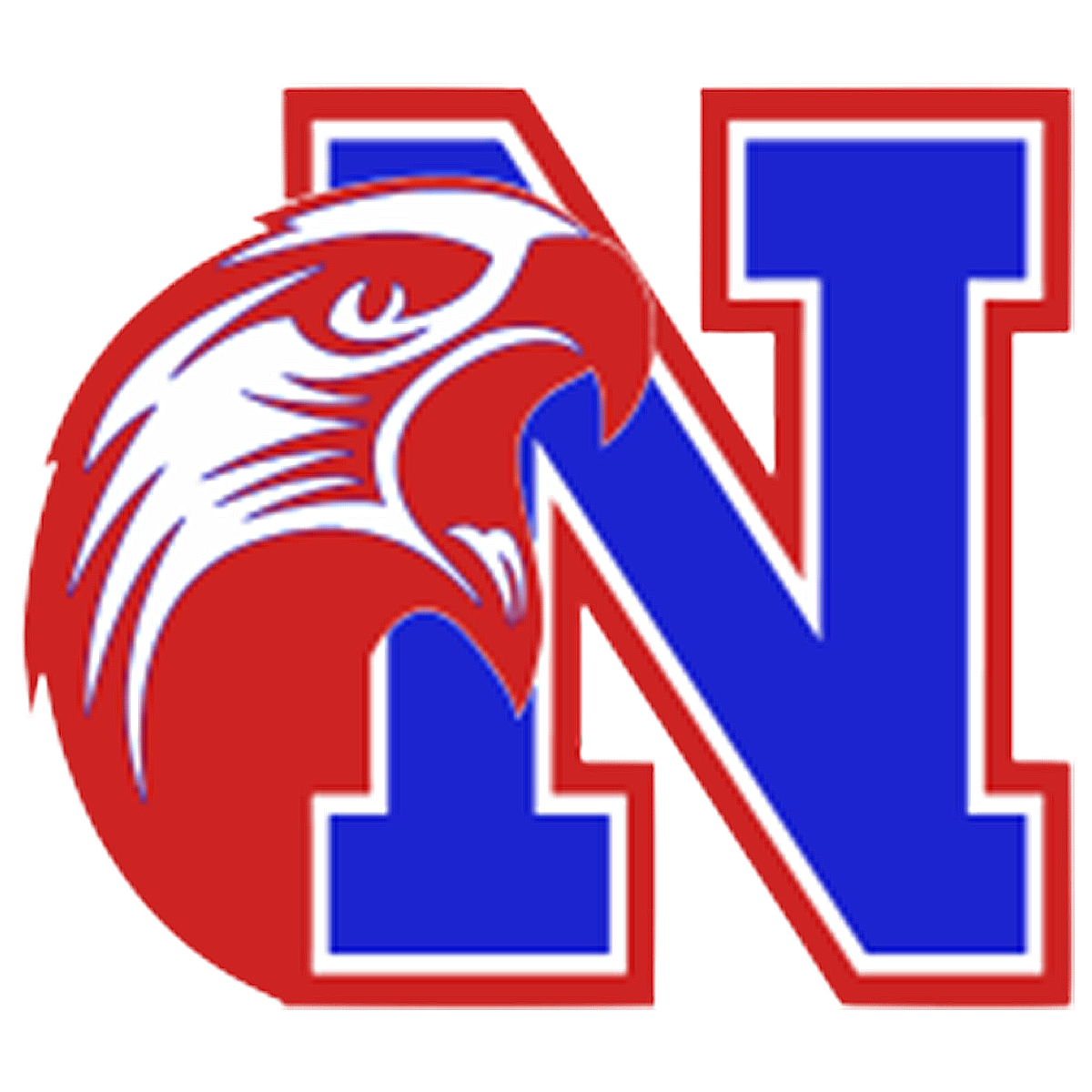Science
Course Selection Links (All Subjects):
2025-2026 Course Selection Information for Students Currently in Grades 9 Through 11 (Includes Course Descriptions in Program of Studies)
2025-2026 Course Selection Information for Students Currently in Grade 8 (Includes Freshman Course Descriptions)
Dan Hinnenkamp
Science Department Head
Phone: 508-647-6613
Email Dan Hinnenkamp
Academic Expectations Of The Natick High School Science Department
The Natick High School Science Department encourages students to explore science through the study of life sciences and physical sciences. Upon graduation from NHS, students are expected to be able to:
Demonstrate understanding of the scientific method.
Apply the scientific method to the solution of a problem.
Demonstrate understanding of relationships between structure and function.
Demonstrate the ability to apply biological concepts to everyday life.
Understand the relationship between plants and animals.
Use math skills as they relate to interpreting data, graphing of data and problem-solving.
Interpret and communicate results of laboratory investigations.
Analyze and interpret data from tables and/or graphs (i.e. recognize patterns, regularities, trends, and anomalies).
Distinguish between scientific concepts and opinions.
Science Program Of Studies
Every student is required to take three years of science in order to graduate from Natick High School, however, all students are encouraged to enroll in a fourth year science course.
Each year, courses are offered at three ability levels (honors, college-1 and college-2) with four levels offered to seniors (Advanced Placement, honors, college-1 and college-2).
The sequence of courses furnishes students with a broad base in the scientific method in three core sciences - physics, chemistry, and biology.
A fourth year of science gives students the opportunity to explore, in greater depth, topics which are of greater interest to them. This can be accomplished by enrolling in one of many elective courses in either the life and/or physical sciences.
All science courses rely heavily on the discovery/inquiry method whereby students invest much of their class time performing a variety of laboratory experiments.
